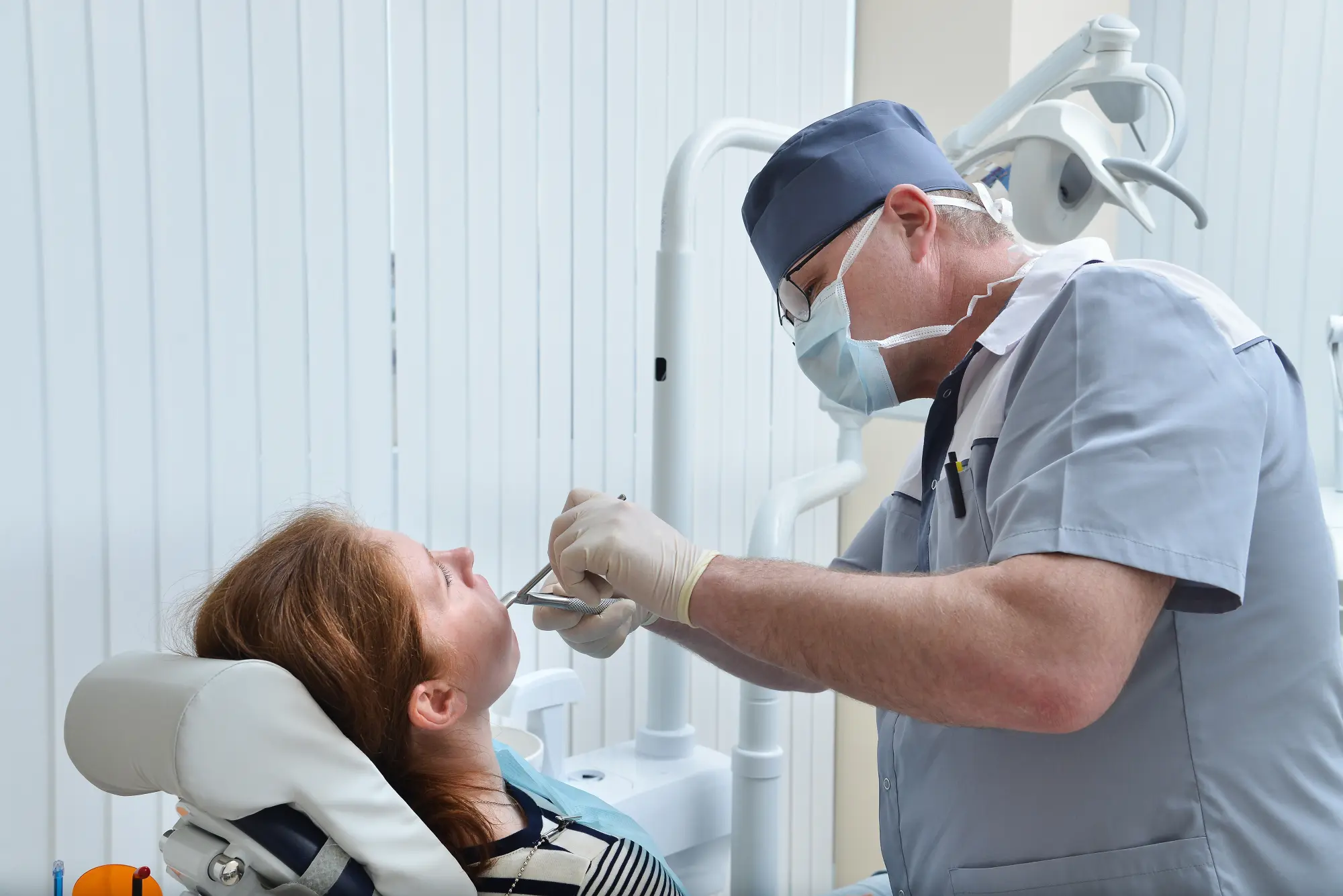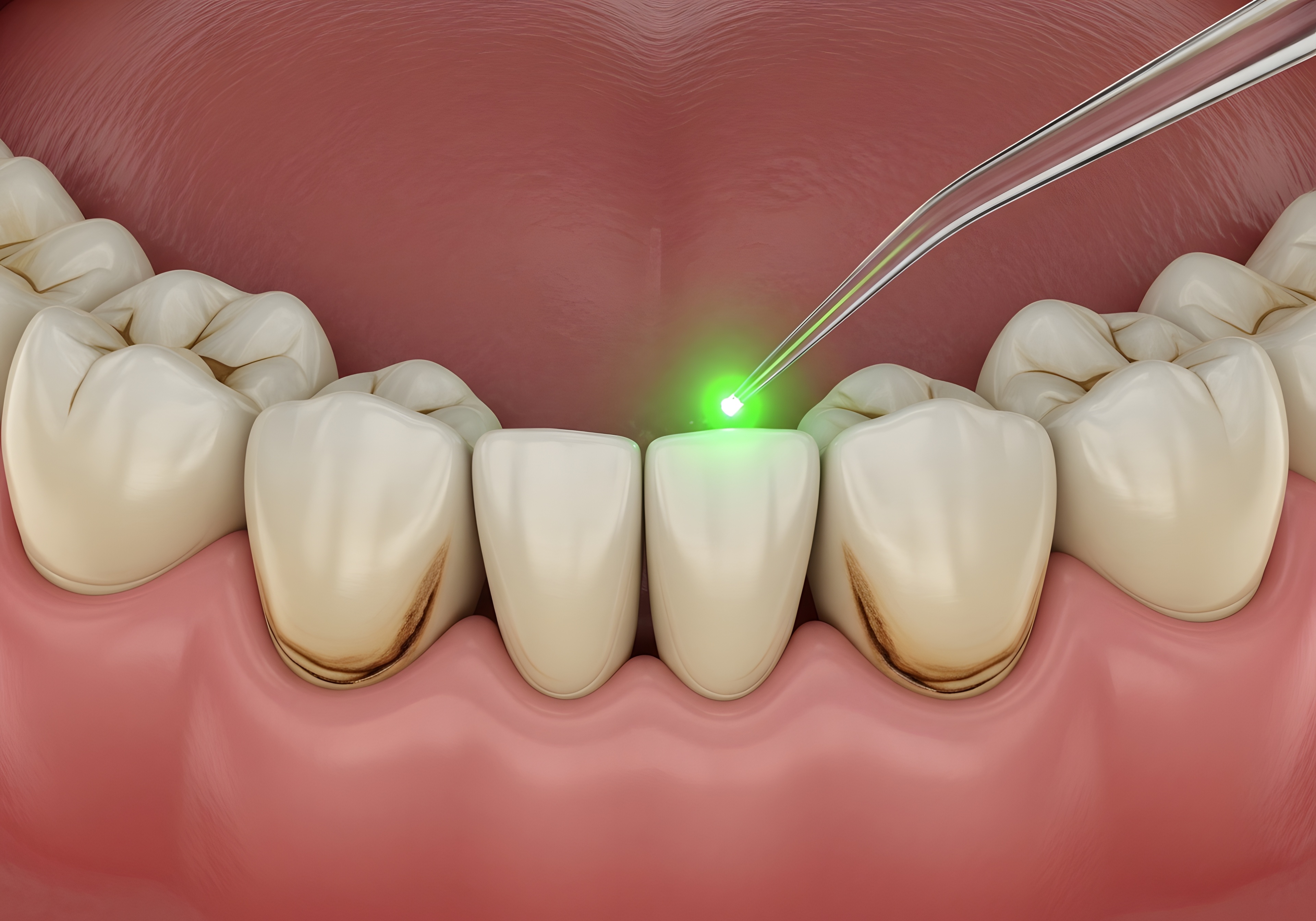
Measuring Patients Satisfaction: The Importance Of Surveys
Published On
September 18, 2025
Author
When it comes to healthcare, patient satisfaction is one of the most important factors in determining the success of a medical practice. Patient satisfaction surveys are a great way for healthcare providers to measure how satisfied their patients are with the care they receive and to make sure that the care provided meets their expectations. In this article, we will discuss why measuring patient satisfaction is so important and what types of surveys are available to measure it.
What are Surveys?
Before we dive into talking all about the importance of surveys, let us take a look at what surveys are. In simple words, it can be said that Surveys are simply questions asked of people in order to gain insight into opinions, behaviors, and experiences. Surveys can be conducted online, through the mail, via telephone calls, or even in person. Surveys can be used to collect information about a wide range of topics, including healthcare services and patient experiences.
What is Patient Satisfaction?
Now that we have talked about what surveys are, let's talk about what is patient satisfaction. Patient satisfaction refers to how satisfied a patient is with the care they receive from their healthcare provider.
It can range from very dissatisfied to extremely satisfied and depends on factors such as quality of care, cost of services, availability of treatments, ease of access to care, etc. Measuring patient satisfaction allows healthcare providers to understand what works well and what needs improvement to provide the best possible care for their patients.
Why Measure Patient Satisfaction?
Measuring patient satisfaction is important for a number of reasons. First and foremost, it helps ensure that the care provided is meeting the expectations of patients. When patients feel satisfied with their care, they are more likely to continue using the services of the healthcare provider and remain loyal customers.
Additionally, measuring patient satisfaction allows healthcare providers to make changes and improvements based on feedback from patients. Finally, measuring patient satisfaction provides valuable data that can be used to compare services between hospitals and medical practices as well as identify areas for improvement across an entire health system or region.
Types of Surveys for Measuring Patient Satisfaction
There are a variety of methods for measuring patient satisfaction, but surveys are one of the most popular and reliable methods for collecting data about how satisfied patients are with their healthcare providers.
Surveys can be conducted in person, by mail or telephone, or electronically via email or text message. Here are some of the most commonly used survey types:
1. Patient Satisfaction Surveys: These surveys ask patients questions about their overall experience with their healthcare provider including questions about wait times, cost of services, availability of treatments, communication with staff, etc. They provide a comprehensive view into what patients think about the care they receive and allow healthcare providers to make improvements where necessary.
2. Focus Group Surveys: Focus group surveys involve gathering a small group of people together in order to discuss their experiences with a particular healthcare provider or medical practice. The group discussions provide an opportunity for healthcare providers to understand how different individuals feel about their experiences with a specific service or treatment and use this feedback to improve the care they provide.
3. Follow-up Surveys: Follow-up surveys are conducted after a patient has completed treatment at a healthcare provider's office or clinic in order to assess how satisfied they were with the service they received during their visit. These surveys typically include questions about wait times, cleanliness of facilities, helpfulness of staff members, etc., in order to identify areas where improvements may be needed.
The Importance of Surveys for Patients
Surveys are essential for providing valuable feedback from patients to healthcare providers. Patient surveys help healthcare providers understand their patients' needs and preferences.
By having this insight, providers can tailor their services accordingly and provide more personalized care to their patients. Surveys can also be used as a way for patients to express any dissatisfaction they may have with their treatment or the care they received at a particular facility.
Furthermore, surveys provide an opportunity for health care provider to gain insight into how satisfied their patients are with the care they received.
This feedback is incredibly valuable because it allows health care provider to know what they are doing right and what they need to improve upon in order to provide better care in the future. Surveys also give healthcare providers the ability to track patient outcomes over time.
By collecting data on patient experiences, health care provider can measure the impact of changes they make within their practice or organization and assess whether or not these changes have positively affected patient satisfaction or overall outcomes. This type of data collection is incredibly important as it helps healthcare providers know if the changes they make improve patient experiences.
Benefits of surveys for patients
Now that we have discussed the importance of surveys to patients let us look at the important benefits.
Improved Patient Experience
Surveys give healthcare providers the ability to gather feedback from their patients, which allows them to identify areas where improvements need to be made to ensure that all patients receive quality care and a positive experience when visiting a particular facility or provider's office.
Surveys also allow health care professionals to measure how satisfied their patients are with certain aspects of care, such as wait times, communication skills of staff members, cleanliness of the facility, etc., which is invaluable information when trying to improve patient experience at any given facility or practice.
Improved Health Outcomes
Surveys can also be used by healthcare professionals as a tool for tracking health outcomes over time. By collecting data on patient experiences and outcomes over time, healthcare professionals can identify trends that might indicate areas where improvement is needed for them to better meet the needs of their patients and ensure positive health outcomes in the long term. Additionally, surveys give healthcare professionals an opportunity to measure the impact that changes they make within their practice or organization have had on overall outcomes so that they know if those changes were effective or not.
Conclusion
Measuring patient satisfaction is essential for providing quality care and ensuring patients have positive experiences with their healthcare provider. Surveys are one of the most effective ways for healthcare providers to measure patient satisfaction as they provide valuable insight into what works well and what needs improvement to deliver the best possible care for their patients.




.avif)